Coconut oil has quite the reputation, doesn't it?
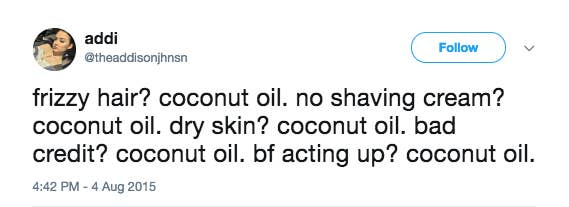
1. DO: Use coconut oil for sautéing when cooking.
If you like the taste coconut oil adds to your food, sauté away, because it's great for that! If you prefer a more buttery taste, you'll be very pleased to know that butter-flavored coconut oil now exists. (It's great on top of popcorn too, FYI.)
2. DON'T: Use it for cooking at high temperatures, as it has a low smoke point.
When it comes to high-temperature cooking methods like frying and searing, coconut oil will burn and end up making your food taste pretty terrible.
3. DON'T: Use coconut oil as a straight butter substitute when baking.
Though coconut oil and butter are pretty similar when it comes to stove-top cooking, it's a different matter when baking. Butter and coconut oil have different melting points and water contents, so aren't actually interchangeable in recipes. If you want to bake with coconut oil, look for recipes that explicitly call for it like these double coconut muffins.
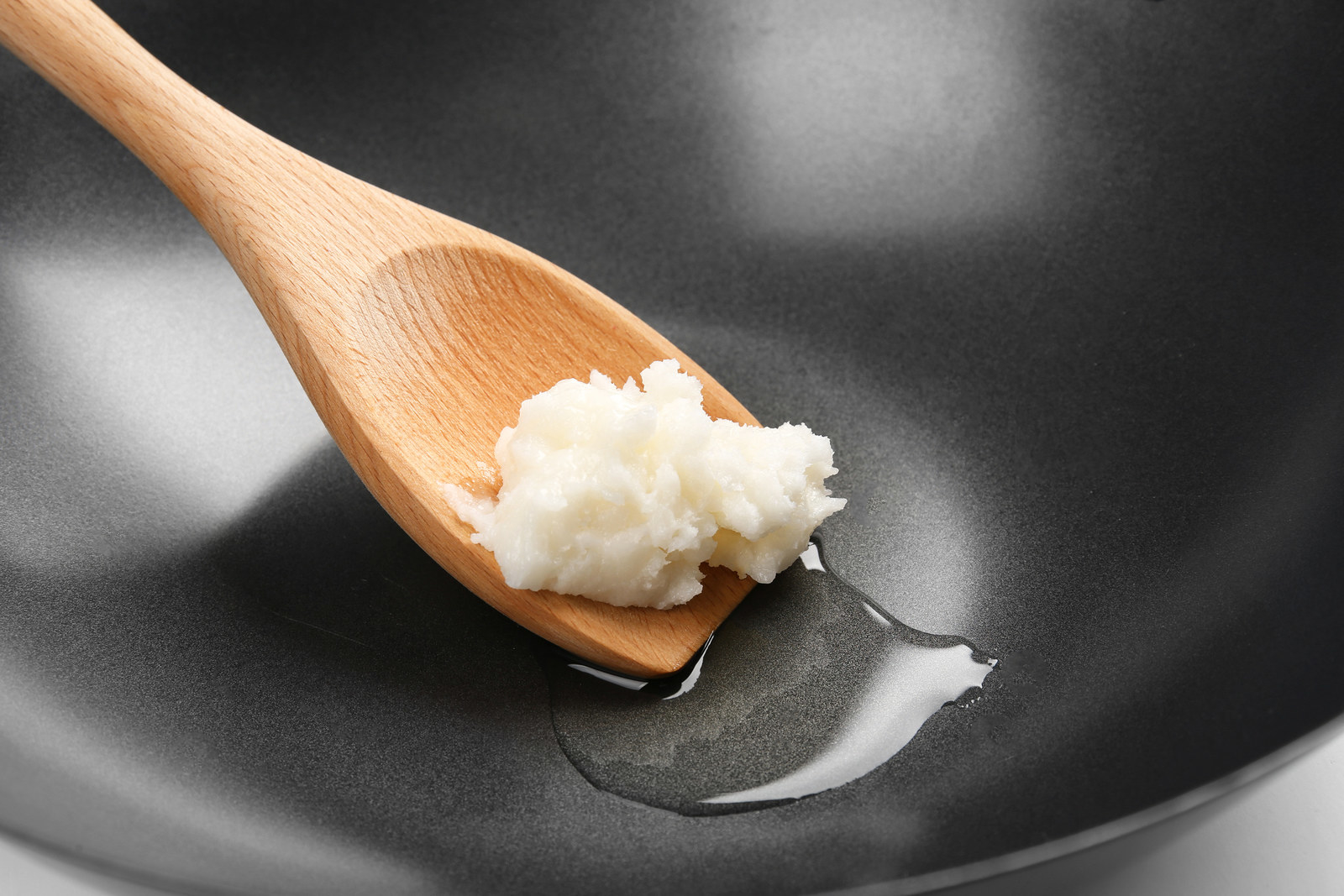
4. DO: Try it as a body moisturizer, as it also has a lot of properties that are great for skin.
"Coconut oil contains skin soothers like vitamin E, omega-3 fatty acids, and lauric acid, which is a fatty acid that has been shown in a study to have anti-microbial, anti-fungal, and anti-inflammatory properties," dermatologist Dr. Sejal Shah of Smarter Skin Dermatology previously told BuzzFeed.
5. DO: Also try using it as a makeup remover.
"Coconut oil can be a great makeup remover because it has anti-bacterial properties," dermatologist Dr. David E. Bank, director of The Center for Dermatology, Cosmetic & Laser Surgery told BuzzFeed. "And it can't hurt to start using it near the eye areas, which is less likely to break out."
6. DON'T: Use the oil as a facial moisturizer, as it's comedogenic and might block pores.
"Coconut oil is considered a 4 on the 0–5 comedogenicity scale, which is a list of pore-blocking ingredients with 0 being non-pore-blocking and 5 being incredibly pore-blocking," said Shah. Though some people swear it works for them as a face moisturizer, consider yourself warned that this may not be the case for everyone, especially those prone to acne and breakouts.
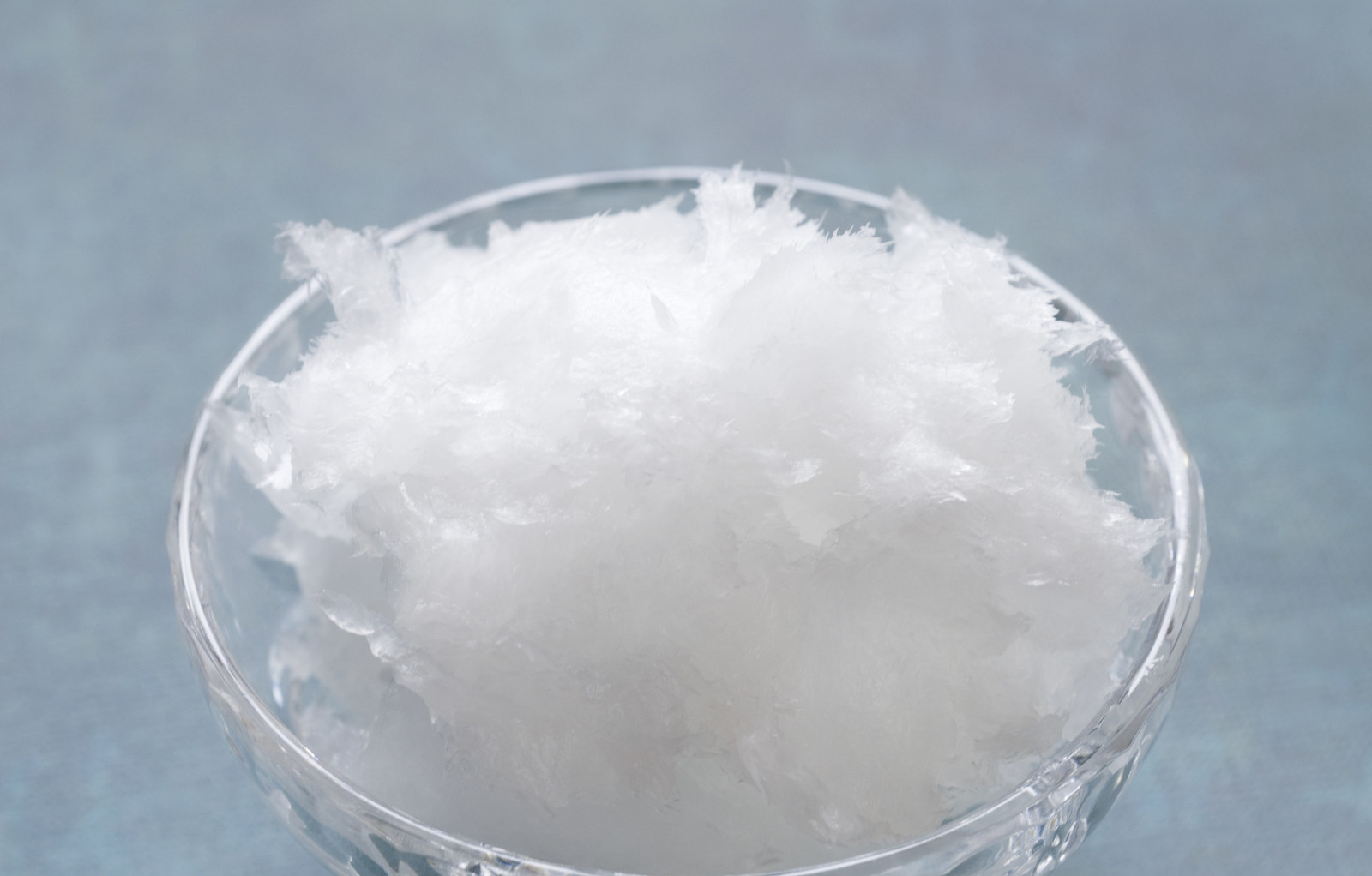
7. DO: Try using coconut oil as lubricant during foreplay, sex, or masturbation.
There are three types of lube: water-based, silicone-based, and oil-based. Coconut oil falls into the latter category.
8. DON'T: Use it during sex if you're also using condoms, as it can degrade latex.
Some experts say that water- and silicone-based lubricants are best, since oil-based products can break down the latex of condoms. So, if you're using condoms to prevent STIs or pregnancy, steer clear of coconut oil during sex.
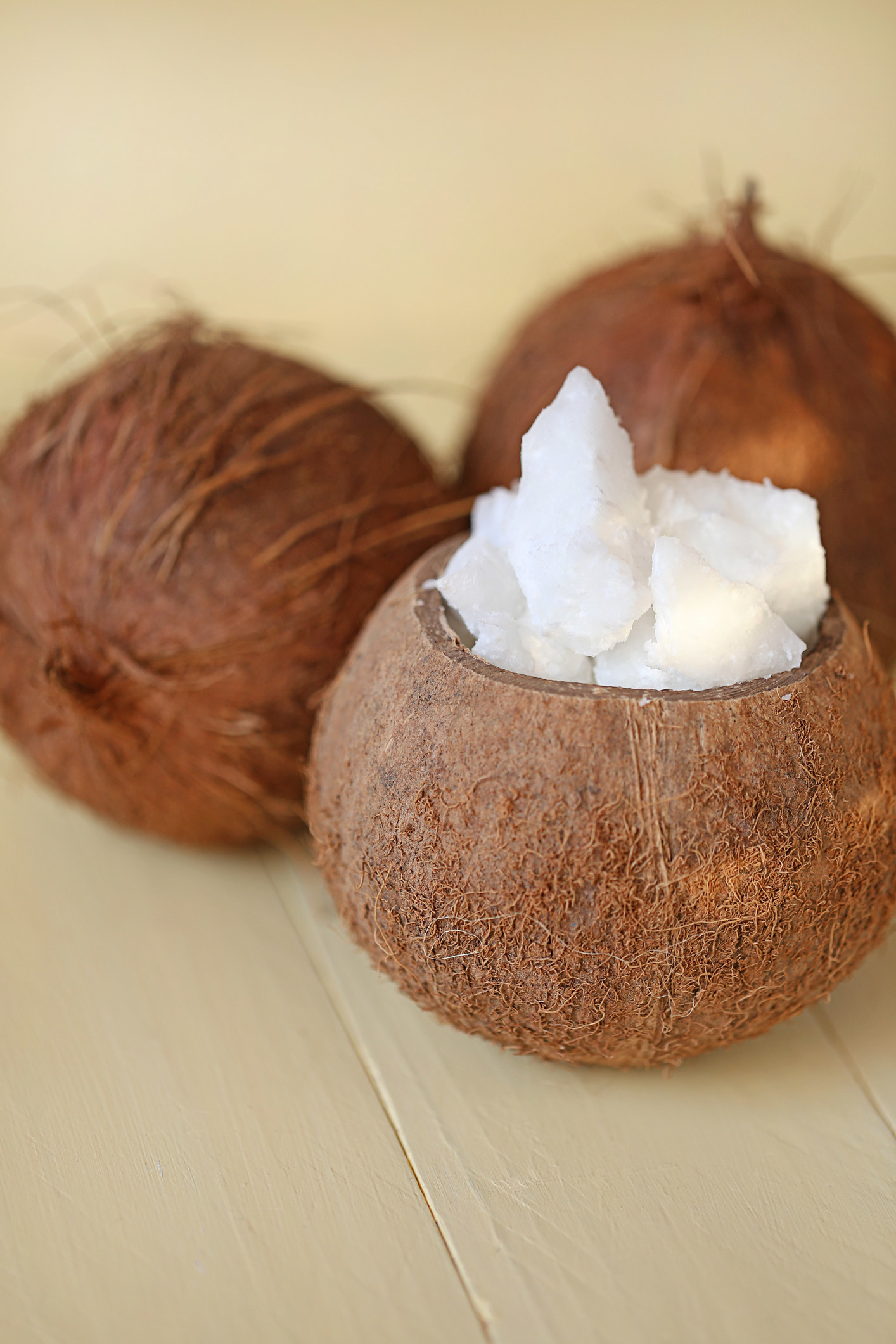
9. DON'T: Use coconut oil in place of sunscreen, even though it does offer some sun protection.
While coconut oil naturally blocks 20% of the sun's rays, this is way below the American Academy of Dermatology's recommendation of 30SPF sunscreen, which blocks 97% of rays.
10. DON'T: Bother trying oil pulling, as it hasn't been proven to work.
Despite countless blogs and articles claiming that swishing coconut oil in your mouth (also known as oil pulling) can whiten teeth, freshen breath, and ~detox~ your mouth, the American Dental Association issued a statement in 2016 explaining that they don't recommend the practice.
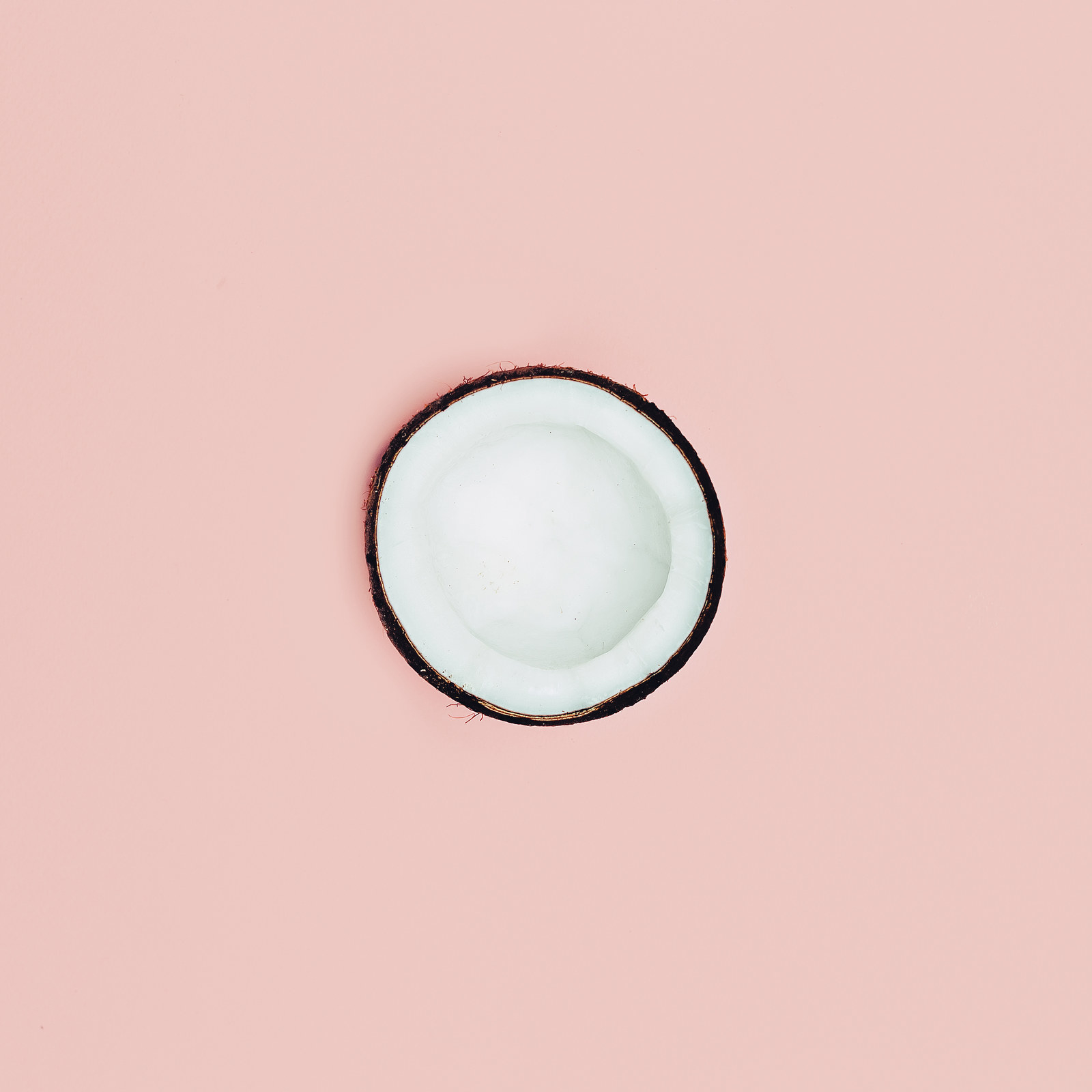
11. DO: Believe the hype that coconut oil can prevent some kinds of hair damage.
A 2003 study showed that coconut oil did help prevent damage from excessive combing, and that it can help prevent protein loss in hair.
12. DON'T: Expect it to hydrate your hair, as it can actually really dry it out.
Because coconut oil can penetrate your hair follicle, it can prevent water being absorbed — which can leave you with dehydrated strands that are literally full of oil. If you have super porous hair that has room for water and coconut oil, you might be fine using this as a mask or treatment, but if you don't, your hair could end up feeling extremely dry and straw-like.
